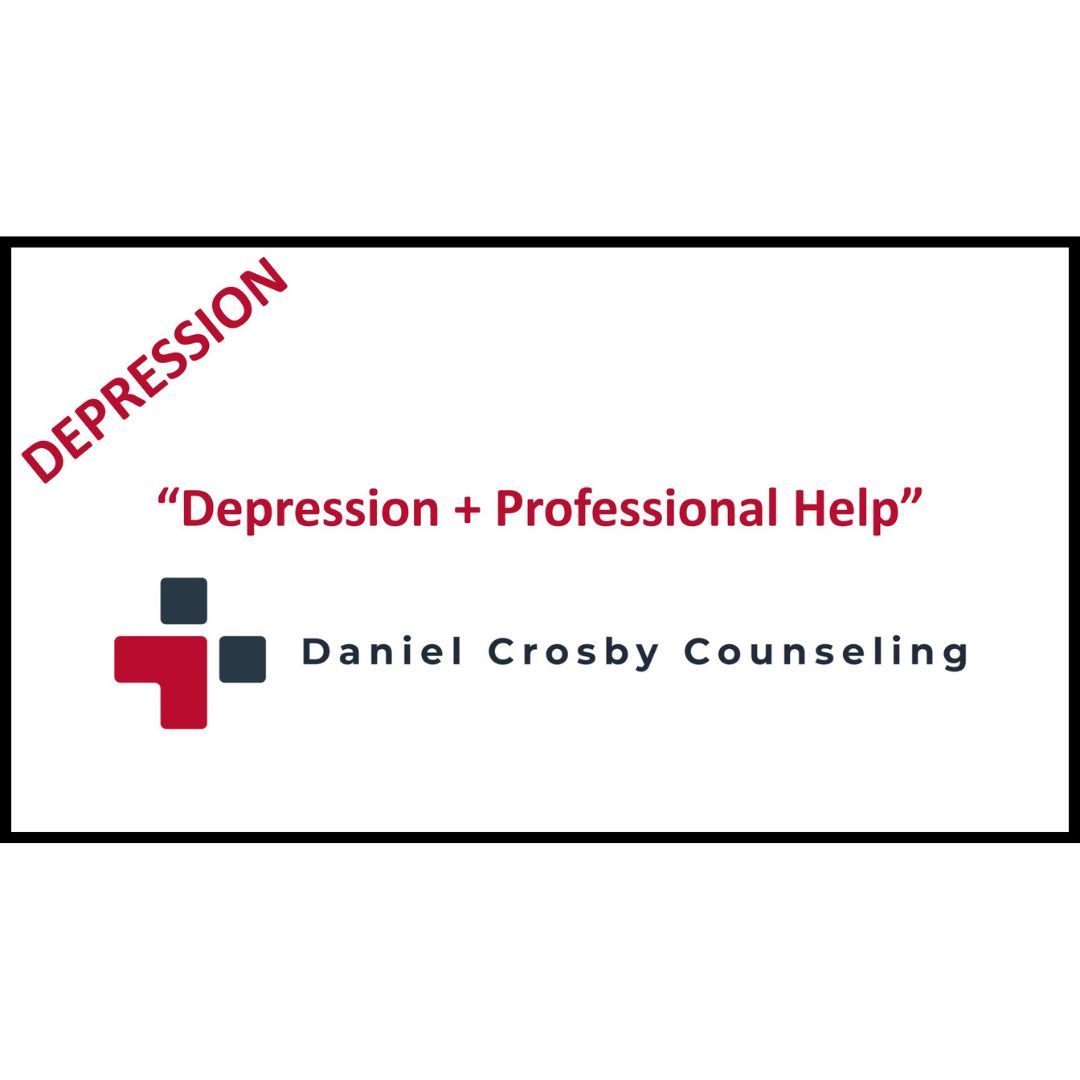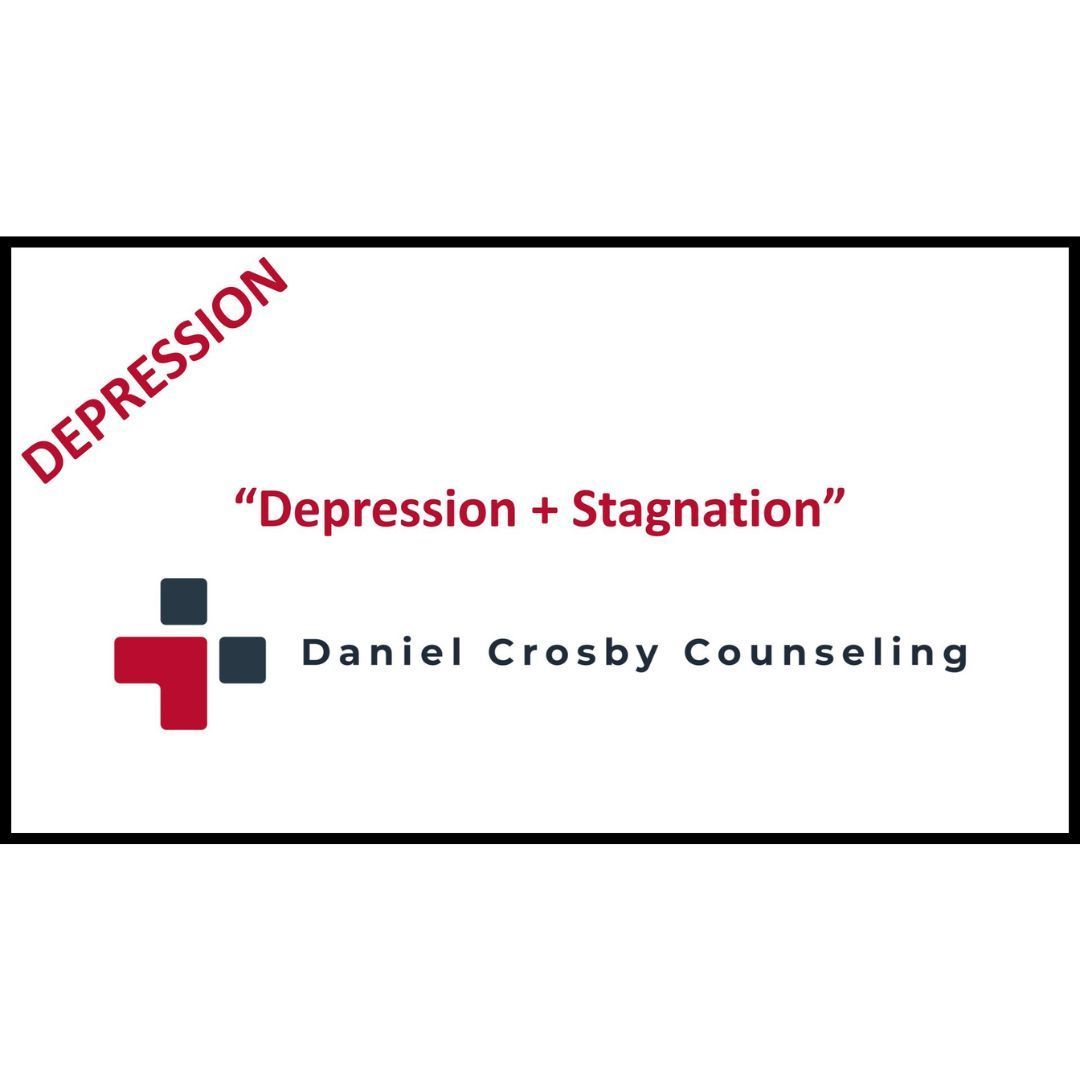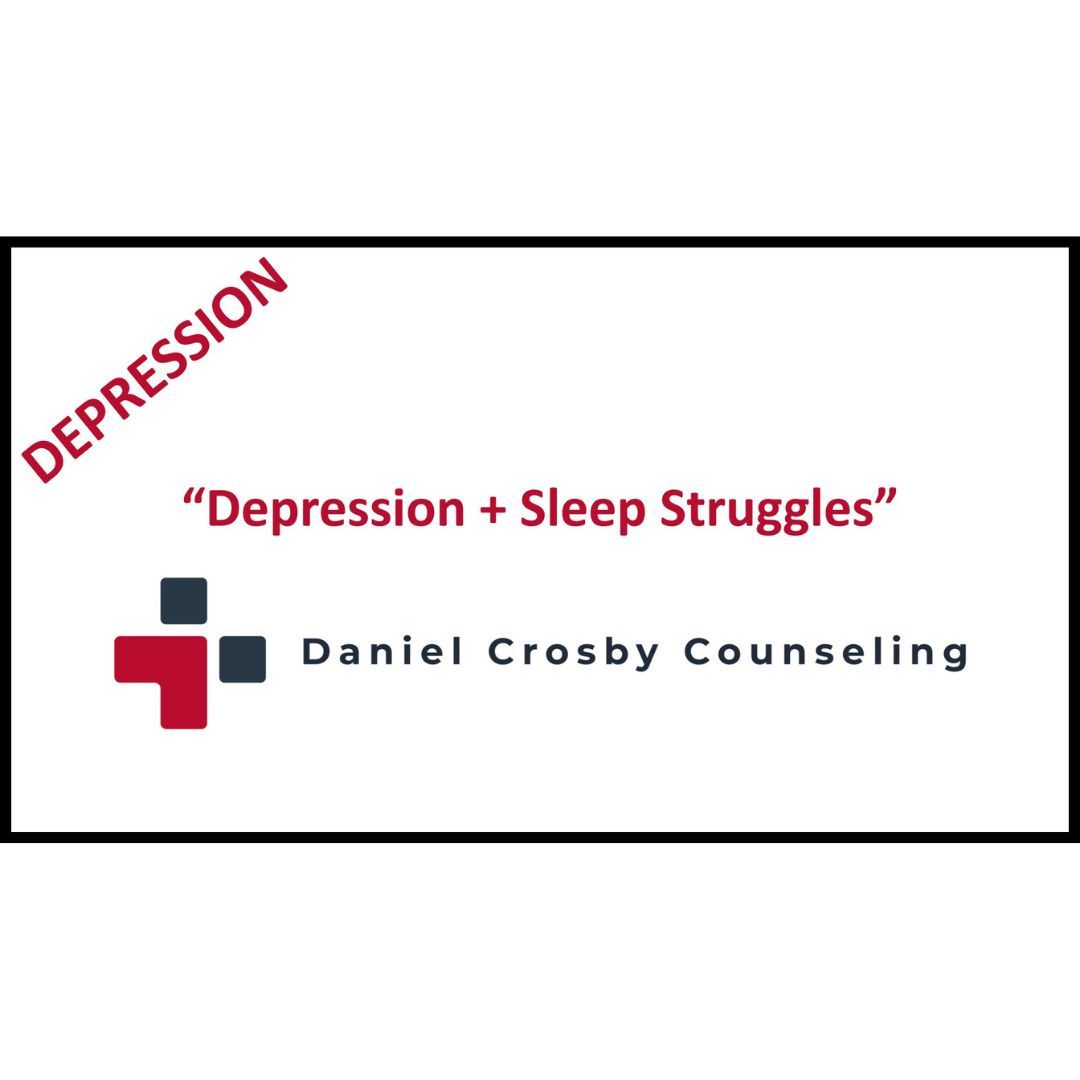"When to Walk Away" Book Review
Daniel Crosby • October 2, 2024
“When to Walk Away: Finding Freedom from Toxic People” by Gary Thomas is a book for those who subscribe to the Christian faith and want some good pastoral biblical advice about dealing with those nutty people out there who can’t seem to respect boundaries.
Thomas tells story after story that will normalize a lot of the things you feel in some of your relationships. Sometimes toxic people can be so difficult they begin to make us wonder if we’re going crazy. You’ll hear some stories in this book and think, “Whew, I’m glad I’m not the only one that feels this way.”
A big premise of the book is helping us find peace in letting go of toxic people and walking away. This doesn’t make us quitters. This doesn’t mean we hate the person who we walk away from. This means that we begin to see the immense value of our own time, energy and efforts, and we make the decision to pivot and pour ourselves into people who do want to connect, engage, and build us up as we in turn, build them up.
Whether you have a difficult spouse, coworker, sibling, child, or friend, you’re going to get sound biblical and practical advice from Gary Thomas in his book “When to Walk Away: Finding Freedom from Toxic People.”

Depression + Professional Help So the big questions is: “How do I know when it’s time to go see a counselor about depression? When is it beyond just trying self-help strategies?” Only you know how you’re feeling internally but here are some signs that it’s time to reach out: • Suicidal thoughts – Call or Text 988 Immediately! • Can’t function with work – You don’t care that there may be consequences for poor performance and you’re slacking on deadlines • Parenting – You’ve given up on typical caretaking duties like healthy meals, cleaning up, or setting healthy boundaries with the kids • Finances – You have a “screw it” mentality where you stop budgeting and just spend to try to find happiness OR You stop paying bills altogether • Hygiene – Your personal hygiene tanks and you don’t care about brushing your teeth, bathing, wearing deodorant, etc. • Isolation – You’ve consistently been avoiding others and turning down attempts of friends and family to pull you out of your slump • Significant change in the way you normally function day to day Call a therapist if you want… • Accountability • An outside perspective • To dig deeper into the “why” • A judgement free zone • New ideas to try Before beginning medication, ask these questions: • “Hey doc! What is your philosophy on prescribing? (Conservative, Experimental, etc?) • “Hey doc! Is there a time limit to how long you will keep me on this medication? • “Hey doc! How will you be measuring how my progress and when to raise/lower dosage and begin or discontinue a medication?” • “Do I feel at peace with how the Dr. explained this medication?” • “Did the Dr. have the heart of a teacher or were they quick to prescribe without hearing me out?” • “Did the Dr. take time with me or rush in and rush out? • “Have I done my own research on the medications the Dr. is recommending?” Homework: If you’re not sure about any of the above, give me a call. I’ll happily do a FREE 15 Minute Consultation Call whether you want to come to see me or not. I’ll give you my professional opinion about what might be the next right step.

Depression + Stagnation What do you do when you’re doing all the right things and still feel depression lingering? Depression isn’t an on/off switch that goes away overnight. It rarely gets better in an instant. There’s a progression to it. If you’re investing in some of the things we’re talking about in this series CONSISTENTLY then you’ll probably see some positive changes over time. In the meantime, try these ideas to help boost you out of your stagnation that you’re feeling. 1. Acknowledge progress over perfection. You didn’t get here overnight. Where did you begin and where are you now? What has improved? 2. Go serve someone else in a new way – Focusing on others is a good way to boost the way you feel about yourself. 3. Consider a shock to the system. A trip to a new place, a different therapist, a new hobby, a job change, or making a new friend can all make us feel alive again if we’re stagnant. Homework: Finish this statement: “In the last week, the thing I’m the most proud of myself for doing is_______.”

Depression + Sleep Struggles Sleep is one of the biggest struggles we face when we’re depressed. Oddly enough the diagnosis manual says “Insomnia or hypersomnia nearly every day” as one of the symptoms. Whether you can’t sleep at all or you’re sleeping all the time it can really rock your world. Maybe your mind is just spinning with all the jumble of thoughts in your head. Or maybe you have no energy and you’re struggling to just do the basics before going back to bed. Here are 3 ideas to get the sleep routine back on track: 1. Create a predictable wind-down ritual – Early dinner, Herbal tea, Warm bath, Good smelling lotion, Clean sheets and jammies. 2. Try “brain dump” journaling at night – Write down today’s wins and loses as well as tomorrow’s worries so your brain can let go of those things. You can relax better without ruminating on it because it’s written down. 3. Avoid doom scrolling— Replace screens with audio or soft light activity. Soothing. Uplifting reading. Devotional. Positive in/Positive out. If you must watch TV make sure it’s an emotion that competes with depression (funny!) Homework: Try a new bedtime strategy tonight and notice if it helps you wind down a little easier. Your brain and body will thank you tomorrow morning.

